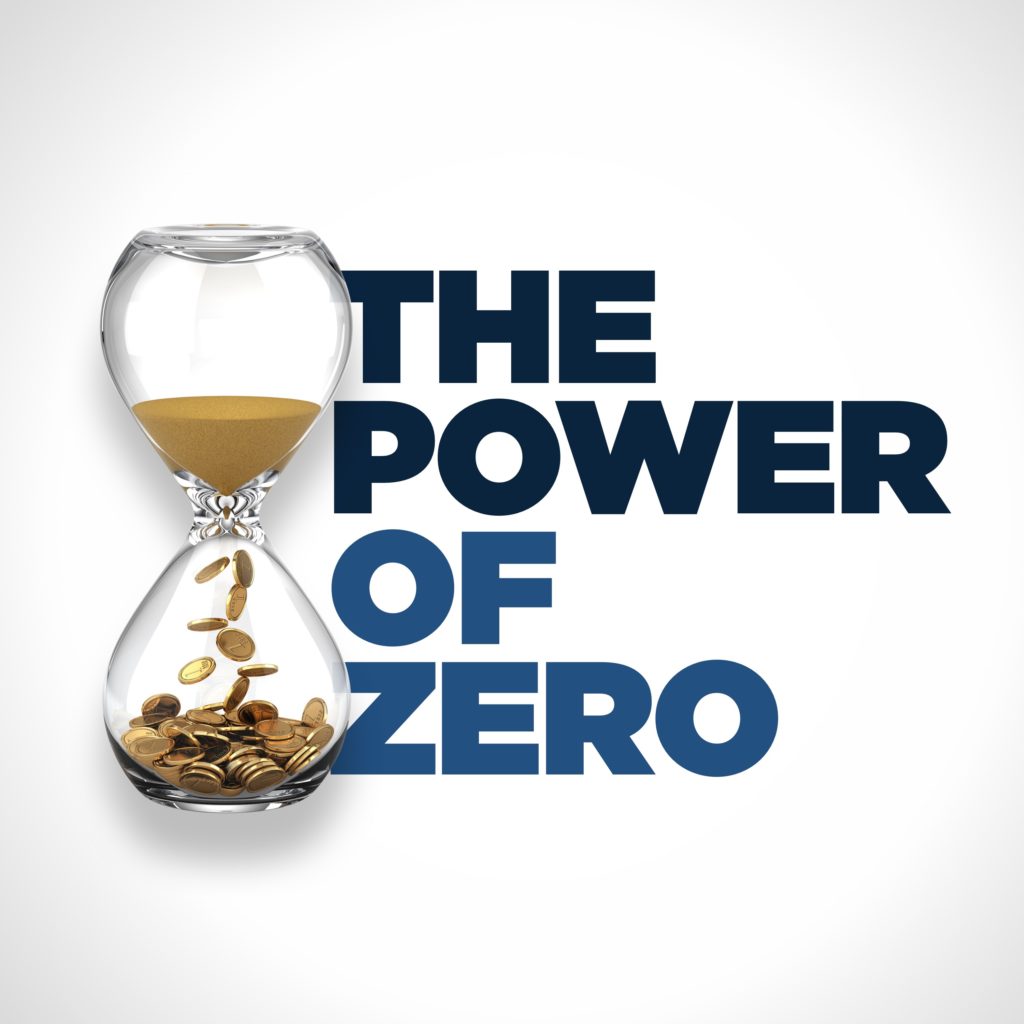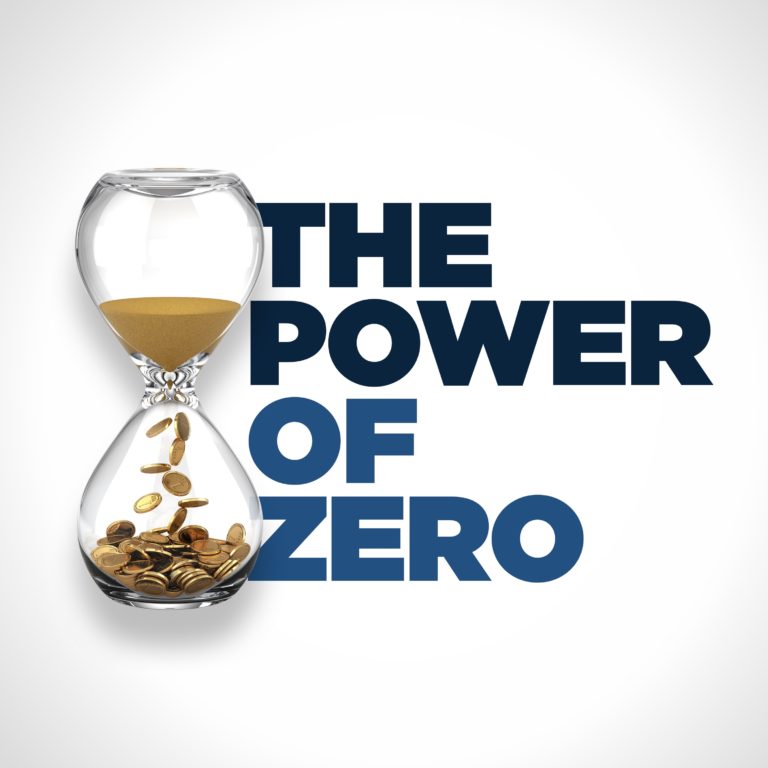Most of the changes of the two infrastructure bills working their way through Congress right now will mainly affect high-income earners, but the details may change as time goes on.
There are seven major takeaways from the recent house tax bill. The first is that personal income tax rates are going up, but only for roughly 2% of households that make more than $400,000 per year.
Joe Biden campaigned on not raising taxes on the middle class, and the current form of the bill seems to reflect that.
Takeaway #2 is that capital gains rates are going up, but not as much as Biden originally proposed, which is primarily going to affect high-income earners.
This is a retroactive bill which if it comes into effect retroactively to the date of Sept 13. If you sold anything after that date you will be affected by the higher capital gains tax rate.
Takeaway #3 is that the bill brings back the marriage penalty. This bill will become somewhat punitive for married people when compared to single people.
Takeaway #4 is that the Roth conversion is going away for the wealthy. Whether the Roth conversion is applied to the limit is a question right now, but if that’s the case it will be a major roadblock for any Power of Zero planning.
The effective date of this provision is December 31, 2031. It’s speculated that by delaying the start date it will create a buy-now mentality.
The IRA and the Roth conversion are two of the only things in the world that Americans like and the government likes. The government gets revenue today, and Americans get to insulate themselves against the impact of higher tax rates down the road.
Takeaway #5 is that the backdoor Roth conversion is going away.
Takeaway #6 is that there will no longer be any IRA or Roth contributions for the rich, basically anyone making more than $400,000 or anyone with more than $10 million in retirement accounts. The intent is to prevent extremely wealthy people from taking advantage of the tax code, but the end result is generally pretty minimal.
Takeaway #7 will have a particularly large impact on people with large amounts of money in their Roth IRA. This is largely inspired by Peter Thiel who recently revealed that he had over $5 billion in his Roth IRA.
People in the higher income bracket and who have over $10 million in their Roth IRA would be required to distribute 50% of the excess of $10 million. If your balance exceeds $20 million, you would have to distribute 100% of the excess over the $20 million mark.
As it’s written right now, if you’re a married couple that earns under the $450,000 per year income amount, the rule won’t apply to you. Earn one dollar more though and you will have a massive RMD coming your way.
Mentioned in this Episode:
Jeff Levine, Twitter: @CPAPlanner



